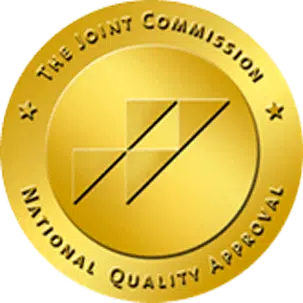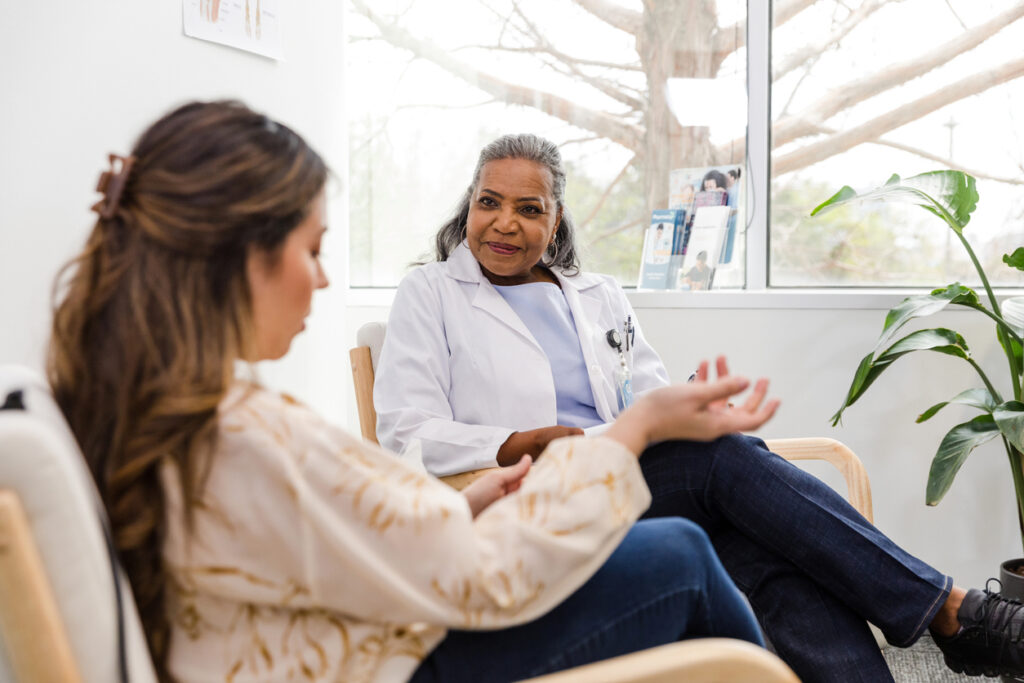
Chaos and instability are the antithesis of recovery, and RTC program, a long-term addiction treatment plan, provides a safe, secure environment to help you heal. We offer residential services at our small yet fully staffed 40-bed campus, where our staff-to-client ratio far exceeds the national average and you’ll have access to both traditional and alternative and complementary therapies to provide you with the best chance of lasting recovery.
From day one to graduation, we support you with skills and strategies for daily living. Our long-term programs provide a clear path to recovery and a thriving community for alumni.

A RTC program is a long-term option, taking a few weeks to complete, for those that have suffered through addiction and mental health problems. There are also different forms or stages of long-term treatment, including:

Unlike IOP, RTC program is a fully immersive process that helps you explore “your story:” your mental resistance and fear that has limited your ability to thrive and function in the world in a safe and secure environment. This is an intensely holistic experience of medical, clinical, and physical intervention that begins the transformative process from isolation to thriving within a matter of weeks.
Additional core functions of residential programs for drug or alcohol abuse, as well as those with co-occurring mental health disorders, include:
While each of these functions occurs in IOP, they’re taken to a higher level of intensity and safety in a residential setting. This provides the best outcome to lessen your cravings and create a the most comprehensive treatment plan possible. Plus, lower staff-to-client ratios ensure you’re able to participate and feel valued throughout the whole experience.
Inpatient rehab or any medically assisted RTC program can feel overwhelming, and many may feel unsure whether such treatment is the right fit. However, there are a few ways to know when residential treatment is a better alternative to outpatient care, including the following.


Multiple attempts to achieve sobriety and experiencing the negative effects of relapse on your own is a clear indicator that RTC program is necessary. You may have attempted numerous options on your own, including attending group meetings or stopped using drugs or alcohol for an extended period, but then, you suddenly find yourself in the grip of addiction again.
A RTC program can help you build the tools and skills to thrive.
Many that endure the cycle of addiction may also have a co-occurring mental health disorder. Such comorbidities increase the risk of relapse, especially if the underlying condition isn’t treated. But finding such issues can be difficult in outpatient settings.
Clinical care professionals and RTC program can help to find any such underlying issues and determine the best way to treat them and ensure you’re able to get control over this dual diagnosis at last.
Our surroundings greatly influence our behaviors, and if your environment isn’t conducive to recovery, it could lead to an inability to achieve sobriety and healthy living. You may need assistance with medical care, maintaining a balanced diet and avoiding scenarios where you may abuse substances.
RTC program creates a fully holistic environment to keep these factors from affecting your judgment and health.
Physcial withdrawal symptoms are perhaps the most recognizable sign that residential, long-term drug treatment is best. Depending on the severity of addiction, additional medications can help to prevent the worsening of symptoms. Further, physical symptoms of addiction, ranging from cardiovascular disease, contraction of sexually transmitted infections (STIs), anemia, seizures or other engaging in other risky behaviors, indicate you will benefit from residential care.
RTC program can help you identify and treat these physical symptoms safely and holistically and with the right guidance and support.

New Choices Treatment Centers understands the importance of continuity of care and quality care for substance use disorders. Through a combination of all modalities of care, including medically assisted treatment, therapies, as well as cognitive behavioral therapy (CBT), dialectical behavior therapy (DBT) and intensive inpatient treatment, customized to help you achieve a healthy lifestyle, we’re able to provide you with:
